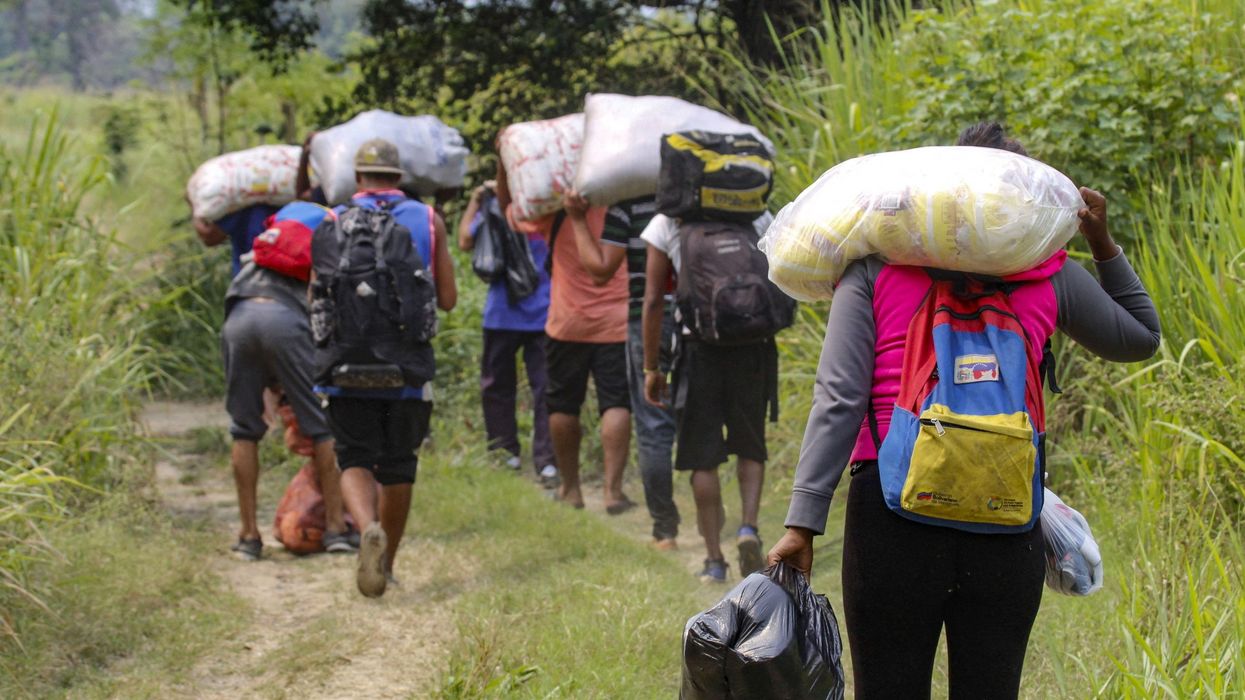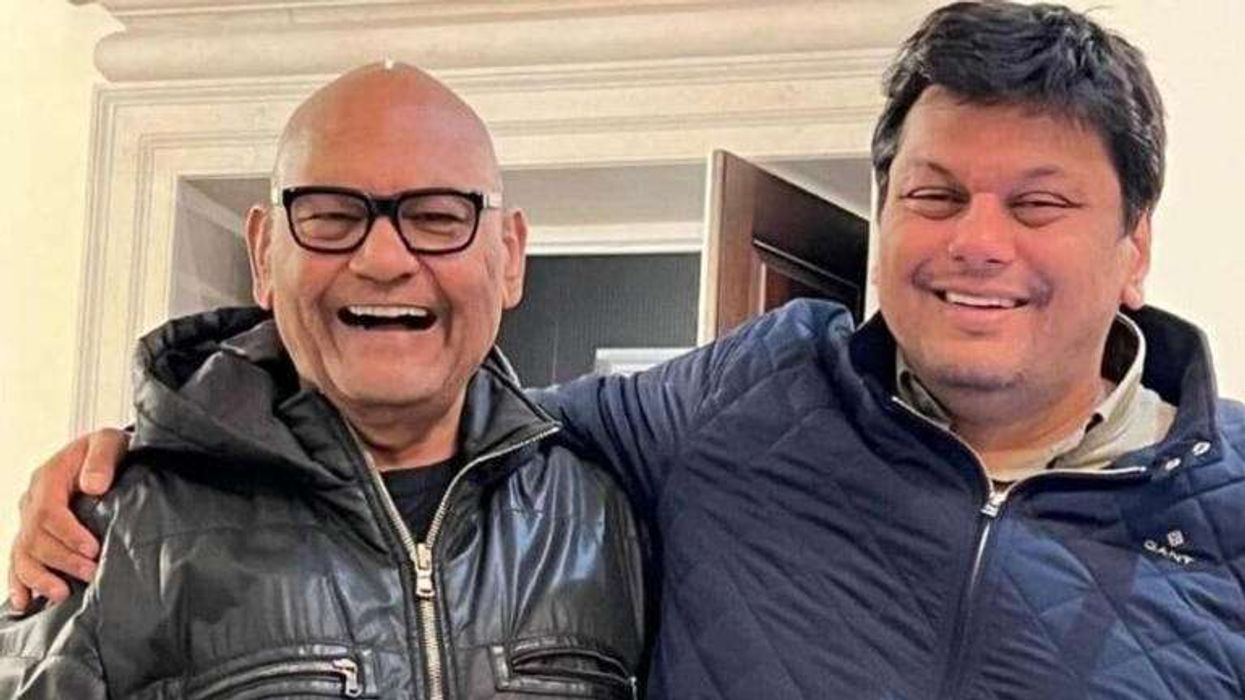Eight people including two children were found dead in a marsh near the Canada-US border after trying to cross illegally into the United States, police said Friday.
Their bodies were discovered near a capsized boat belonging to a missing man from the Akwesasne Mohawk community, officials reported.
"A total of eight bodies have now been recovered from the waters," local police chief Shawn Dulude told a press conference.
An initial six people from two families -- one of Romanian descent with Canadian passports, the other from India -- were discovered late Thursday, including one child under the age of three.
Two more people were reported found at the Friday press conference by Dulude, an infant "Canadian citizen of Romanian descent, and one adult female believed to be an Indian national."
Canadian authorities believe all were attempting to enter the United States illegally from Canada.
The Mohawk tribal territory straddles the Canadian provinces of Quebec and Ontario, and the US state of New York.
The capsized boat was described as "very small" for poor weather conditions including rain, sleet and strong wind.
"It was not a good time to be out on the water," local deputy police chief Lee-Ann O'Brien told a news conference earlier in the day.
Dulude added that such crossings were sometimes facilitated by local people, particularly young people who are lured by the money and exploited by criminal organizations.
- 'Heartbreaking situation' -
The first body was found during an aerial search of the area.
Authorities are waiting on an autopsy as well as toxicology test results to determine the cause of death.
Prime Minister Justin Trudeau, speaking to reporters, said: "Our hearts go out to the families of the individuals who perished. This is a heartbreaking situation."
O'Brien noted a recent "increase in people passing through Akwesasne gaining entry into the US," with 48 crossings since the start of the year.
Once landing on the US side, they are typically picked up on shore and transported by vehicle into New York State, she said.
Two other people have been found dead near the border in recent months while trying to cross illegally into the United States from Canada.
The two countries struck a deal on managing the growing issue of undocumented migration on their lengthy border during President Joe Biden's visit to Ottawa last week.
The arrangement will see undocumented asylum seekers crossing from the United States into Canada turned back, while Canada will simultaneously expand the pathway for legal entry.
The plan -- similar to a crackdown on the much more heavily used US-Mexican border -- has been criticized by migrants' rights activists.
However, Biden and Trudeau are both under political pressure to relieve their badly strained immigration systems.













